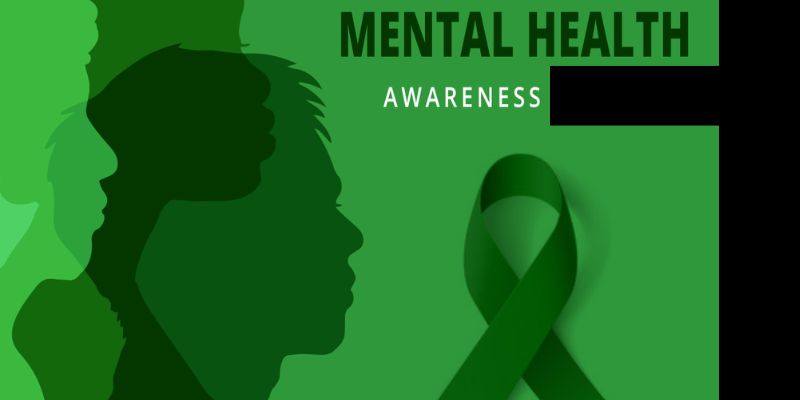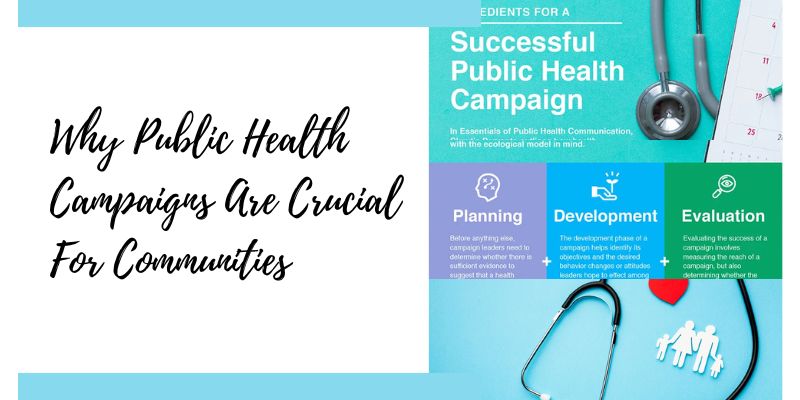Mental health awareness is a vital aspect of public health that deserves continuous attention and effort. It involves understanding and recognizing the importance of mental well-being, promoting open conversations about mental health issues, and ensuring that appropriate support and interventions are accessible to those in need. In the Philippines, mental health awareness has made significant strides over recent years, but challenges remain. This article explores the importance of mental health awareness and examines the current state of mental health in the Philippines in 2024.
The Critical Importance of Being Aware of Mental Health
- Overall health includes the essential aspect of mental health. It impacts how people think, feel, and behave, and plays a role in their ability to manage stress, connect with others, and make choices. Mental health awareness is vital for multiple reasons:
- Reducing Stigma: Mental health issues often come with stigma and discrimination, which can prevent individuals from seeking help. Awareness campaigns aim to break down these barriers by educating the public and promoting a more accepting and understanding attitude towards mental health.
- Early Intervention: Recognizing the signs and symptoms of mental health conditions early can lead to timely intervention and treatment. Awareness helps individuals and their loved ones identify when something is wrong and encourages them to seek professional help.
- Promoting Well-Being: Mental health awareness promotes the importance of self-care and stress management, encouraging individuals to adopt healthy habits that support their mental well-being.
- Supporting Recovery: For those living with mental health conditions, awareness can lead to better support from family, friends, and communities. It can also improve access to resources and services necessary for recovery and management of mental health conditions.
- Building Resilience: By understanding mental health, individuals can build resilience and coping skills to handle life’s challenges, reducing the risk of developing mental health issues.
Typical Mental Health Issues
Several mental health conditions are prevalent globally and in the Philippines. Understanding these conditions is crucial for raising awareness and providing appropriate support:
- Anxiety Disorders: Anxiety disorders, including generalized anxiety disorder, panic disorder, and social anxiety disorder, are characterized by excessive worry and fear. Physical symptoms may manifest as an increased heart rate, sweating, and trembling.
- Depression: Depression is a mood disorder that involves persistent feelings of sadness, hopelessness, and a lack of interest in activities. It can also cause physical symptoms like changes in appetite and sleep patterns, and can severely impact daily functioning.
- Bipolar Disorder: This disorder involves extreme mood swings, including episodes of mania (high energy, euphoria) and depression. These fluctuations can disrupt personal and professional life and require careful management.
- Schizophrenia: A severe mental health condition characterized by distorted thinking, hallucinations, delusions, and impaired daily functioning. Long-term treatment and support are necessary for managing schizophrenia.
- Post-Traumatic Stress Disorder (PTSD): PTSD may arise after going through or witnessing a traumatic event. Symptoms encompass flashbacks, nightmares, intense anxiety, and persistent intrusive thoughts related to the event.
Identifying Signs and Symptoms
Identifying mental health issues early can greatly enhance outcomes. Be mindful of the following common signs and symptoms:
- Emotional Symptoms: Persistent sadness, irritability, excessive worry, mood swings, and feelings of hopelessness.
- Physical Symptoms: Changes in sleep patterns, appetite, energy levels, unexplained aches and pains.
- Behavioral Symptoms: Withdrawal from social activities, changes in daily routines, difficulty concentrating.
- Cognitive Symptoms: Difficulty making decisions, memory problems, racing thoughts.
Recognizing these symptoms in oneself or others is the first step towards seeking help and support.
Contributing Factors: Risks and Protections
A myriad of factors interact to influence mental health. These include both risk factors that increase the likelihood of developing mental health issues and protective factors that promote resilience and well-being.
Risk Factors:
-
- Genetic Predisposition: Having relatives with mental health conditions can raise the risk.
- Trauma and Stress: Experiencing traumatic events, chronic stress, or abuse can contribute to the development of mental health issues.
- Substance Abuse: The misuse of alcohol and drugs can negatively impact mental health and exacerbate existing conditions.
- Chronic Health Conditions: Physical illnesses, particularly those that are chronic or severe, can affect mental well-being.
Protective Factors:
- Strong Social Support: Having a supportive network of friends and family can provide emotional support and reduce feelings of isolation.
- Healthy Coping Mechanisms: Engaging in activities such as exercise, mindfulness, and hobbies can help manage stress and promote mental well-being.
- Access to Mental Health Services: Availability of mental health resources and services facilitates early intervention and treatment.
- Positive Environment: A safe and stable living environment contributes to overall mental well-being.
Seeking Help and Support
Obtaining assistance is essential for managing mental health conditions. Multiple paths for assistance exist:
- Professional Help: Mental health professionals, such as therapists, counselors, and psychiatrists, can provide valuable support, diagnosis, and treatment. Therapy options may include cognitive behavioral therapy (CBT), psychotherapy, and medication management.
-
- Participating in support groups can provide a feeling of community and empathy. Sharing experiences with others facing similar challenges can reduce feelings of isolation and provide practical advice and support.
- Online Resources: Various online platforms provide mental health resources, including information, self-help tools, and virtual counseling services.
- Emergency Services: In crisis situations, seeking immediate help is essential. Contacting emergency services or hotlines can provide urgent support and assistance.
- Self-Care Practices: Prioritizing self-care activities, such as regular exercise, healthy eating, and adequate sleep, can improve mental health. Techniques like meditation and deep breathing, which are part of mindfulness practices, can aid in stress management.
Mental Health Awareness in the Philippines 2024
The Philippines has made significant strides in raising mental health awareness and providing support for mental health issues. However, challenges remain, and continued effort is necessary to improve mental health outcomes in the country.
Government Initiatives
In 2024, the Philippine government has continued to implement and expand programs aimed at improving mental health awareness and services. The Philippine Mental Health Act, passed in 2018, laid the groundwork for comprehensive mental health care in the country. Since then, various initiatives have been launched to address mental health concerns.
- Philippine Council for Mental Health (PCMH): This council oversees the implementation of mental health policies and programs. In 2024, the PCMH has focused on improving access to mental health services, particularly in rural and underserved areas.
- Mental Health in Education: The government has introduced mental health education in schools to promote early awareness and intervention. Programs include training teachers to recognize signs of mental health issues and providing students with resources and support.
- Community-Based Programs: Community-based mental health programs aim to bring services closer to the people. These programs involve training local health workers to provide mental health support and raising awareness within communities.
Challenges
Despite progress, the Philippines faces several challenges in mental health care:
- Stigma and Discrimination: Stigma remains a significant barrier to seeking help for mental health issues. Efforts to reduce stigma through education and awareness campaigns are ongoing, but cultural attitudes can be slow to change.
- Limited Resources: There is a shortage of mental health professionals and facilities, particularly in rural areas. Increasing the availability of trained professionals and mental health services is a priority.
- Economic Barriers: Many Filipinos face financial challenges that prevent them from accessing mental health care. Ensuring that mental health services are affordable and accessible to all is critical.
Conclusion
Mental health awareness is crucial for building a supportive and inclusive society. In the Philippines, significant progress has been made in raising awareness and providing mental health services. However, continued efforts are needed to overcome challenges and ensure that mental health care is accessible to all. By promoting mental health awareness, reducing stigma, and improving access to resources, we can create a healthier and more compassionate community for everyone.


